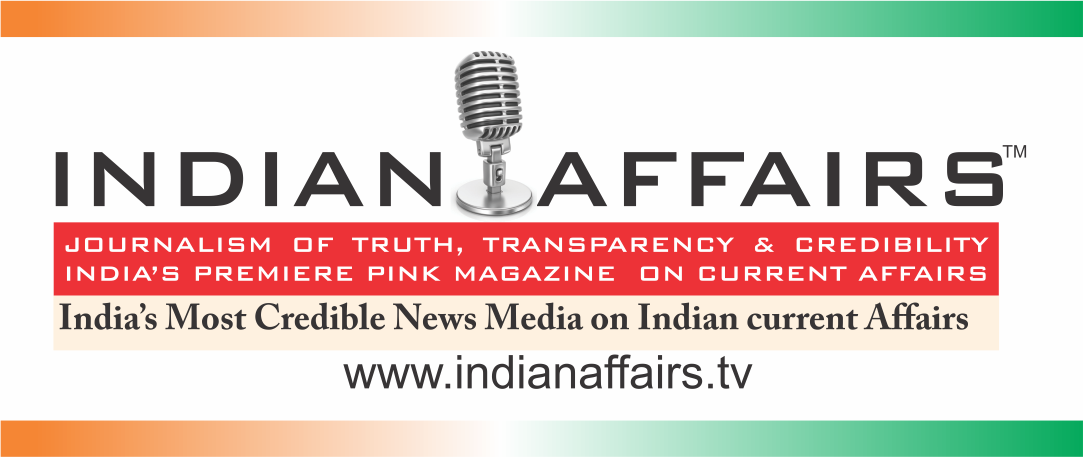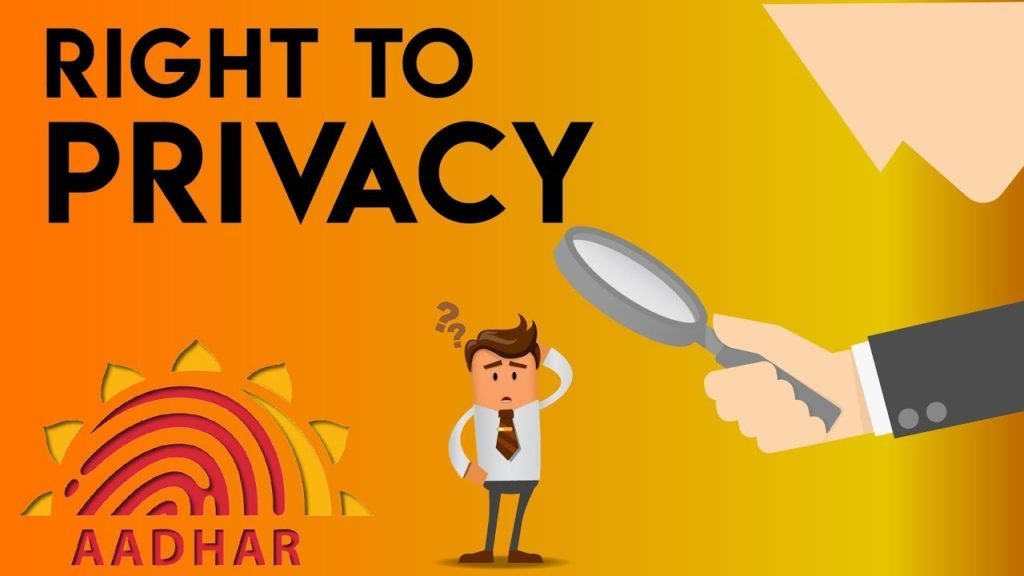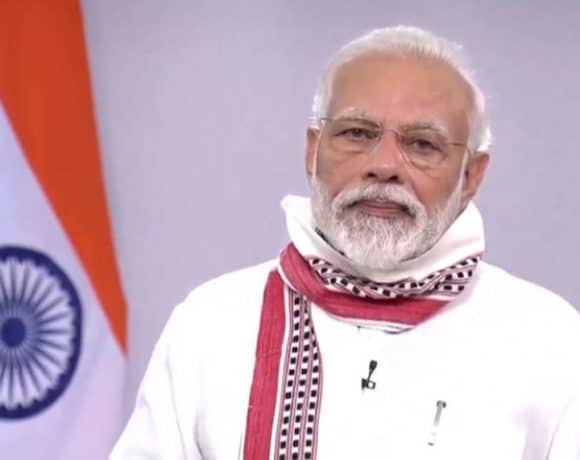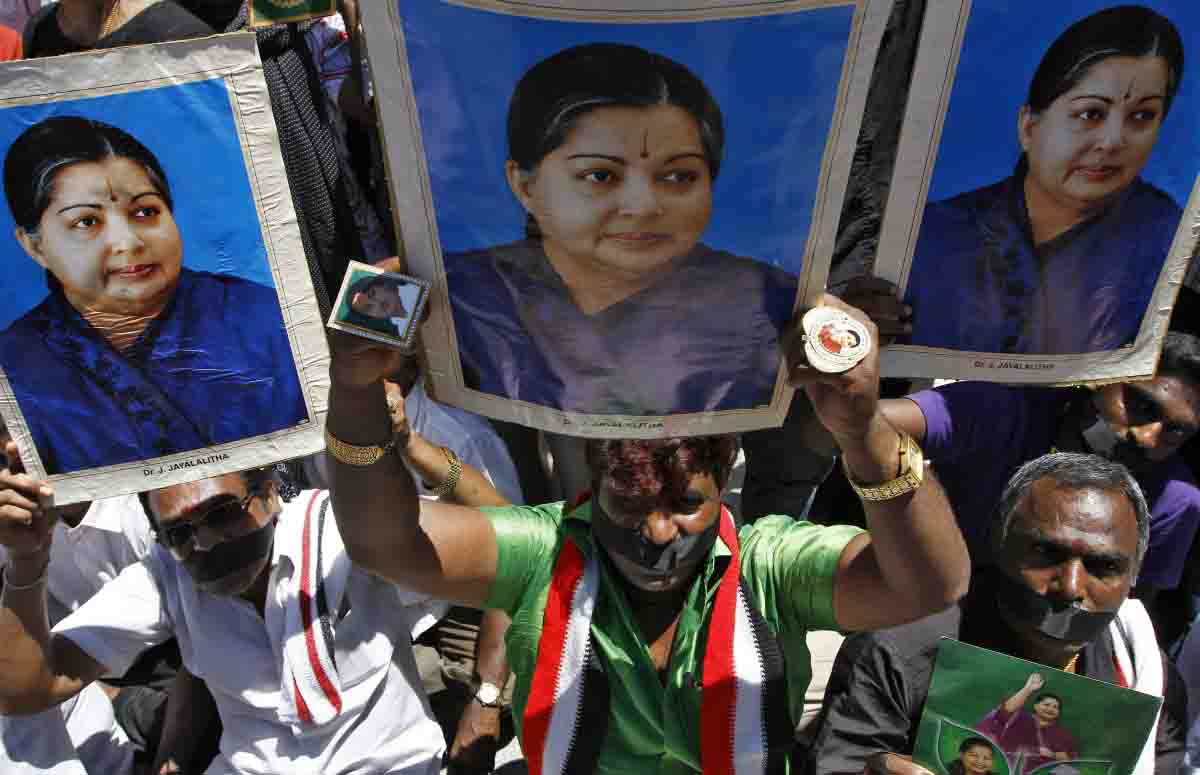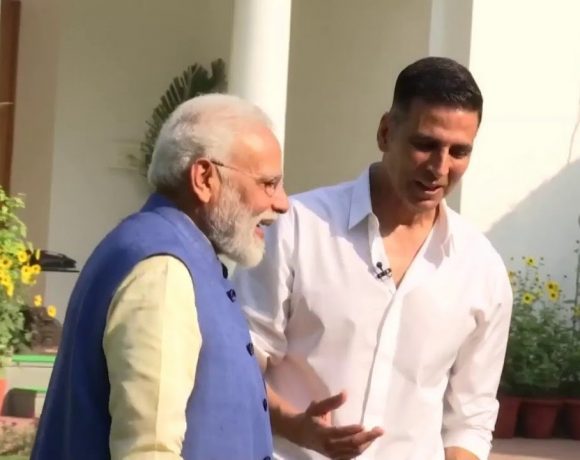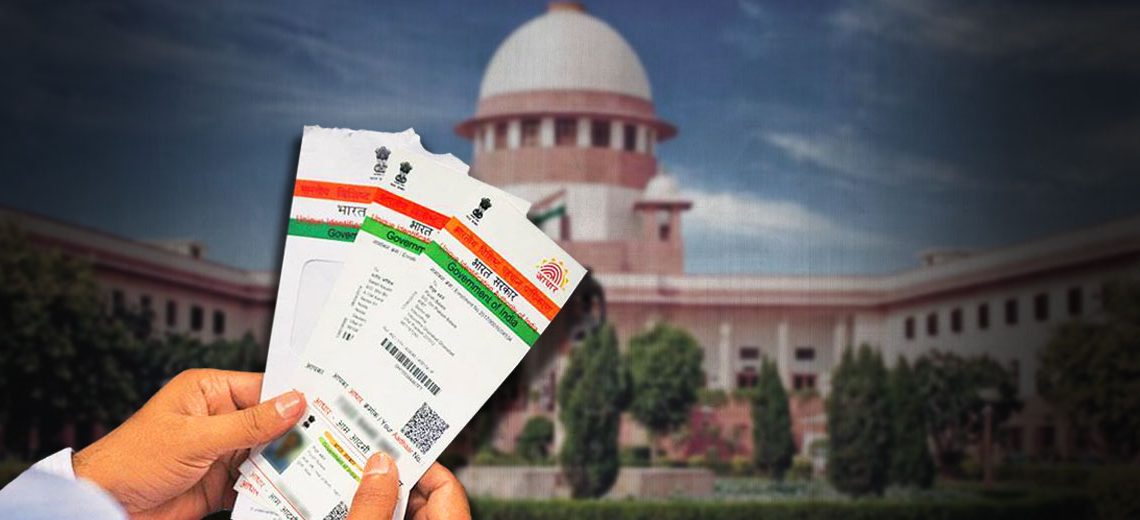

The Supreme Court Wednesday, in a majority verdict, upheld the constitutional validity of the Aadhaar Act, but said it obtaining one continues to remain voluntary. The top court, however, struck and read down certain sections of the Act. Reading out a summary of the judgment a little before 11 am, Justice A K Sikri said proportionality is to be adjudged after laying down certain norms including privacy and whether there is larger public interest in the matter.
So what does today’s Aadhaar verdict mean for you?
Justice Sikri began by saying:
“It is better to be unique than the best. Because,
being the best makes you the number one, but
being unique makes you the only one..”
He added that the Aadhaar number, given to a particular individual, is treated as unique and cannot be assigned to any other person.
Justice Sikri said the attack of the petitioners is founded on the argument that it is a great risk to the liberties of citizens of this country and has potential to enable surveillance state. To this, Justice Sikri said proportionality is to be adjudged on the basis of the norms such as expectation of privacy, compelling state interest and larger public interest.
“We have accepted larger public interest,” Justice Sikri said.
On proportionality, certain aspects are needed to be satisfied. There is valid legitimate aim: Prevention of leakage and pilferage is a valid goal. Justice Sikri said it was satisfied that Aadhaar was a suitable means to achieve these goals.
“Data collection by Aadhaar is minimal and it is serving a much larger public interest,” Justice Sikri said, adding that Aadhaar is giving dignity to marginalised sections of the society and hence the interests outweigh the concerns.
The court also held that the passage of the bill as a money bill was valid, another aspect that was challenged by the petitioners.
So, where all do you need to submit your Aadhaar?
The top court has made it clear that no individual can be denied benefits by the government for not having an Aadhaar number.
“No deserving person will be denied service for failure of authentication. It would be appropriate if a suitable provision be made for providing alternative remedies,” Justice Sikri said.
The Supreme Court said private companies cannot seek Aadhaar data. This means no private company can force you to submit your Aadhaar data to purchase or avail of a service. With regard to telecom services, the Supreme Court struck down the circular issued by TRAI in March 2017 mandating linking of mobile number with Aadhaar. It held it to be illegal and unconstitutional as it is not backed by any law. Therefore, for now, you can get a SIM card without providing your Aadhaar number. The government, though, is free to bring about a law that mandates Aadhaar for obtaining a SIM card.
The top court has also said banks and other financial institutions cannot seek Aadhaar data. This means no bank can threaten to freeze your account if you do not furnish your Aadhaar number.
It also ruled that educational institutes cannot seek Aadhaar during admissions in schools saying consent of parents is essential. It also said UGC, NEET, CBSE cannot ask for Aadhaar. For the enrolment of children under the Aadhaar Act, the court said it would be essential to have the consent of their parents/guardian. “On attaining the age of majority, such children who are enrolled under Aadhaar with the consent of their parents, shall be given the right to exit from Aadhaar, if they so choose,” the judgment read.
Where is Aadhaar required?
The court has upheld Section 7 of the Aadhaar Act which stated Aadhar is mandatory for any government scheme that draws out of the consolidated fund of India. This means that if you want to avail benefits such as ration, LPG subsidy, MGNREGA, you have to furnish your Aadhaar number or your Aadhaar enrollment ID.
The court has also made it clear that an individual has to furnish their Aadhaar number or the enrollment ID while filing Income Tax returns. It has also made Aadhaar-PAN card linking mandatory as well as the requirement of Aadhaar when applying for PAN card. This is an indirect link to banks, where PAN card number is mandatory. It is this part that, in a way, makes it mandatory for you to obtain an Aadhaar number.
What of the Aadhaar Act has the court read/struck down?
The top court read down section 33(1) which allows disclosure of information, including identity and authentication records, if ordered by a court not inferior to that of a District Judge. Reading down this sub-section, the SC said individuals should be given the opportunity of a hearing.
The top court meanwhile struck down Section 33(2) of the Act which allowed identity and authentication data to be disclosed in the interest of national security on direction of an officer not below the rank of Joint Secretary to the Government of India. The top court ruled that a Judicial Officer (preferably a sitting High Court Judge) should be associated with it and that the government should bring in legislation to this effect.
Section 47 of the Aadhaar Act was also struck down by the Supreme Court. It referred to cognisance of offences. Under this Section, no individual was allowed to file a complaint if he/she felt their data was leaked or misused. The law only allowed the court to take cognizance of a complaint filed by UIDAI or anyone authorised by it. The court ruled that exclusion of individuals from filing complaints was arbitrary. Therefore, any individual will now be allowed to file a complaint if he/she feels their data has been compromised.
Section 57 of the Aadhaar Act refers to the use of Aadhaar data by any “body corporate or person” to establish the identity of an individual. Justice Sikri, in his judgment, found this section to be unconstitutional. It was under this provision that private companies like Paytm and Airtel Payments Bank sought Aadhaar details from customers.
The court also ruled that authentication record should not be kept beyond the period of six months and the provision that allowed archive records for five years has been struck down. It has excluded storage of meta data of transactions by individuals. This banning means UIDAI cannot collect data sets and mine it for more data or analysis. It has also struck down data sharing with corporates. The Supreme Court also called for Parliament to draft and pass a data protection law immediately. “We have also impressed upon the respondents to bring out a robust data protection regime in the form of an enactment on the basis of Justice BN Srikrishna (Retd.) Committee Report with necessary modifications thereto as may be deemed appropriate.”
What next?
For those who do not yet have an Aadhaar, as of now you need to get one as it is mandatory to link it with PAN card as well as for filing of income tax returns which is mandatory even for those who have a zero income.
For those who have an Aadhaar card, there isn’t much that you need to do for now. You need to wait for the finer details of what happens to your data that has been shared with banks and mobile/telecom service providers among other private companies such as PayTM.
In the meantime, the Congress party has said they will move the Supreme Court against today’s order that validated the Aadhaar Act as a money bill. Justice DY Chandrachud in his dissenting verdict said “Bypassing Rajya Sabha to pass Aadhaar bill as a money bill was a fraud on the Constitution.”Addressing a press conference, senior lawyer Kapil Sibal said they would challenge the verdict and seek a larger seven-judge Constitutional bench.
